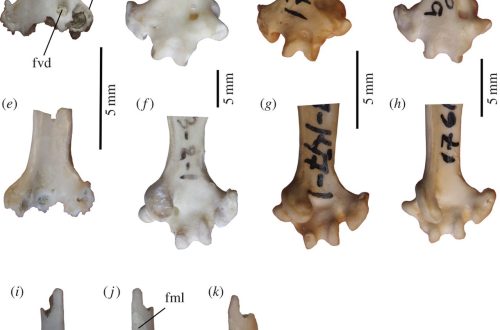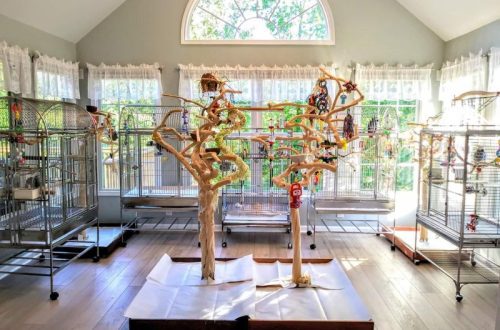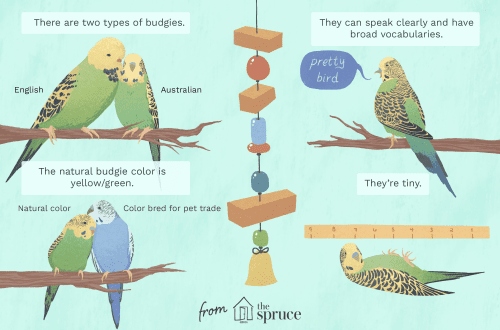
The parrot is losing feathers – what to do?
When planning to acquire a feathered pet, few people think about the nuances in caring for him. It always seems that the risk factors for certain diseases will be excluded in a homely atmosphere. And when a healthy young bird suddenly begins to lose plumage, the owners, incompetent in veterinary matters, attribute this to a seasonal molt. But things may not be that simple.
Baldness reasons
Behind baldness, a rather serious infectious disease can be hidden, which is not so easy to recognize on your own. You will need professional help in a veterinary clinic, where they will make a diagnosis and explain further actions. The process of natural molting in birds takes place 1-2 times a year and is rarely accompanied by a change in behavior. If the pet becomes inactive, often itches and, even worse, pulls out feathers, it is urgent to look for the cause of the disease. Parrots are inherently quite impressionable, so problems with plumage can cause:
- slightest stress;
- fright;
- elementary boredom;
- quarrels in the family;
- deficiency of essential elements in the diet;
- airborne toxins (cigarette smoke, aerosols);
- lack / excess of light;
- tight cage.
Important! To provide the bird with a healthy appearance, the elementary thing that the owner can do is not skimp on attention and affection and eliminate critical stressful situations.
Signs of a serious illness often appear on the first day. A little attention and a timely appointment with an ornithologist will help prevent its development. The disease directly affects the appearance – the plumage becomes dull, brittle, disheveled.

Feather shedding control
It is worth noting that the loss of 2-3 feathers is not a reason to panic. But moderate or severe baldness is associated with a violation of the health of the parrot and serves as a wake-up call for the owners. When dealing with a disease to a specialist, it is important to find an experienced veterinarian who will try to cure the bird – he will explain the situation, prescribe tests, prescribe a set of procedures, and comfort the restless owners. It is quite difficult to understand on your own the disease that has overtaken a parrot, according to primary signs. A delay in contacting a specialist can lead to a deplorable state, up to the development of an incurable disease. In order to avoid further ordeals, with a complex course of the disease, the euthanasia of animals becomes a necessity. Therefore, start treatment as early as possible, fight for the health of your pet.

If a disease is suspected, the owner of the parrot should:
- Conduct a thorough inspection. The undertail must be free from droppings, the eyes must be clean, without mucus, the beak is smooth, the horn cover is thin and shiny.
- Observe behavior. Decreased activity, loss of appetite, body trembling, rest on two legs are the first signs of the disease.
- Disinfect the cage and toys if you suspect lice mites, and contact your veterinarian to treat the bird for parasites.
- Review your diet. Loss of feathers due to nutritional deficiencies is corrected by switching to a new, more balanced diet with the addition of greens, protein, fruits.
- Administer sedatives if stress is suspected. The dosage is calculated based on the size and weight of the parrot. To facilitate administration, medications are added to treats.
- If an allergy is suspected, the first step is to change the food. The antiallergic drug will be selected by the doctor after determining the exact diagnosis.
- Provide the parrot with the necessary humidity. Dryness in the room causes severe discomfort, and the bird simply begins to bite the feathers. Provide your pet with a bath for bathing with the addition of infusion of motherwort or chamomile.
By setting the frequency of visits to the doctor from the age of the chick, you can avoid serious illnesses of the pet and unnecessary stress of its owner.





